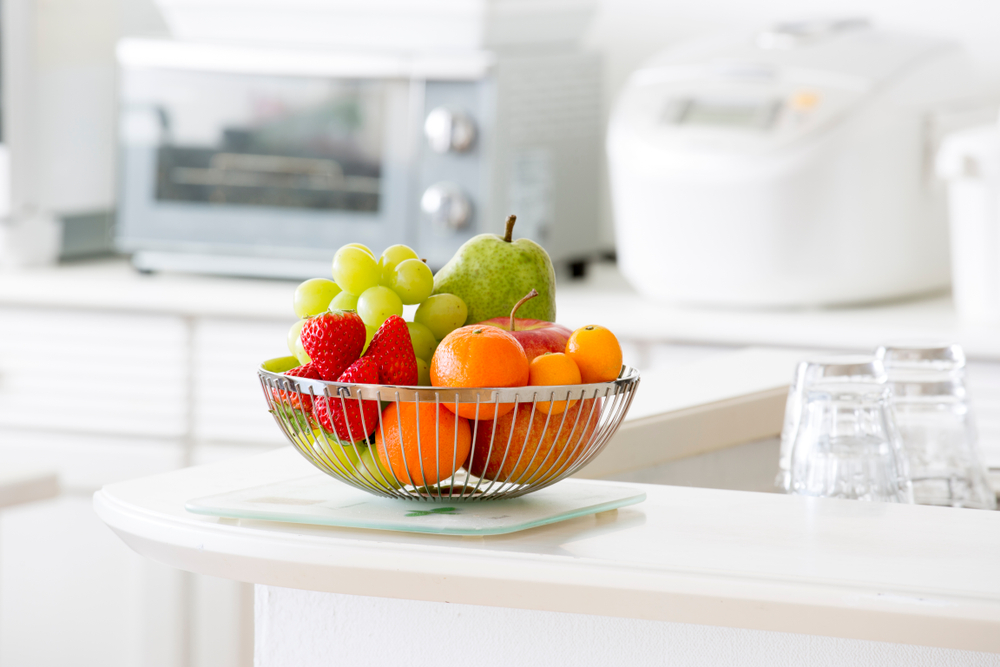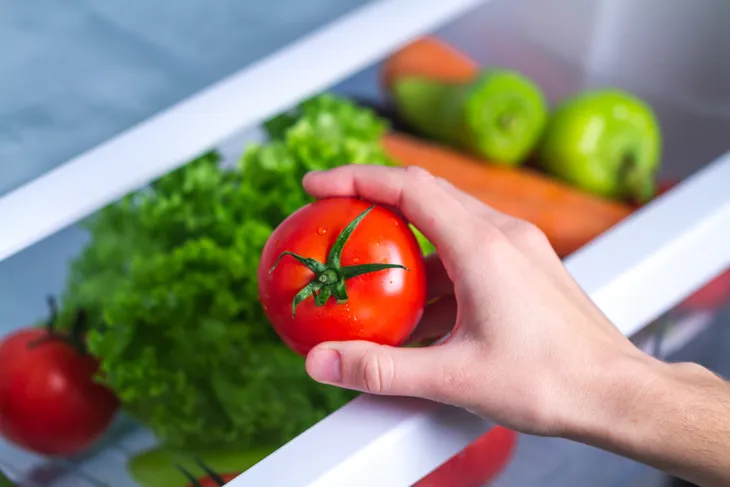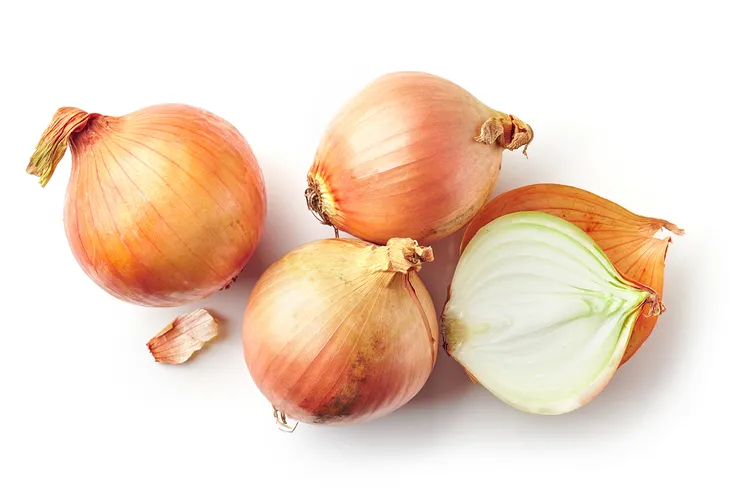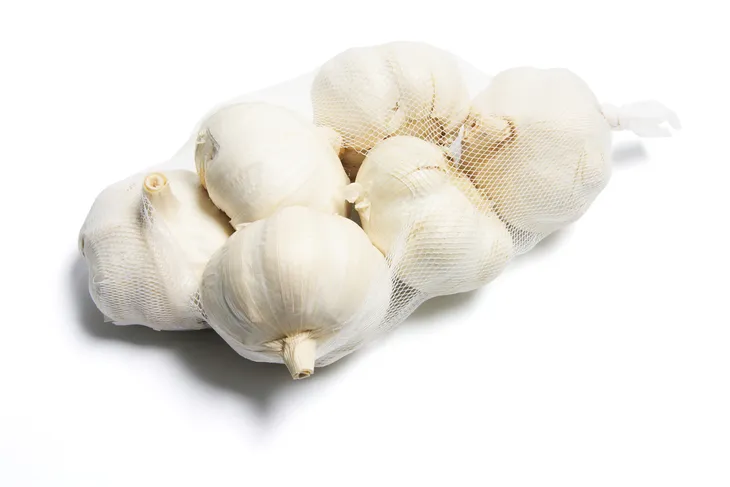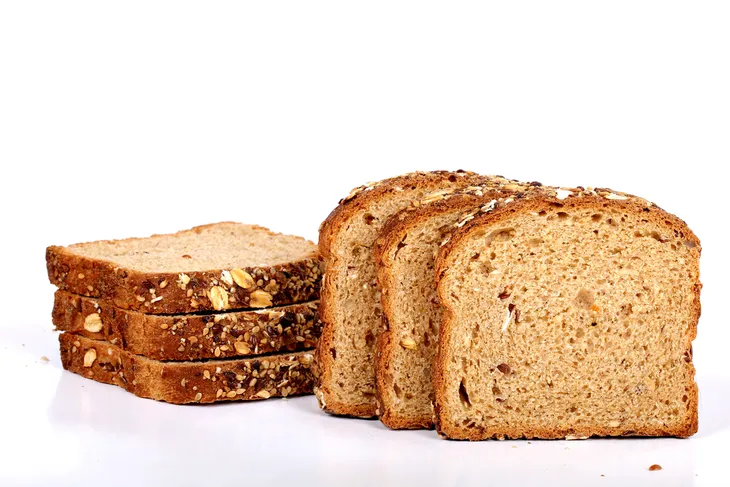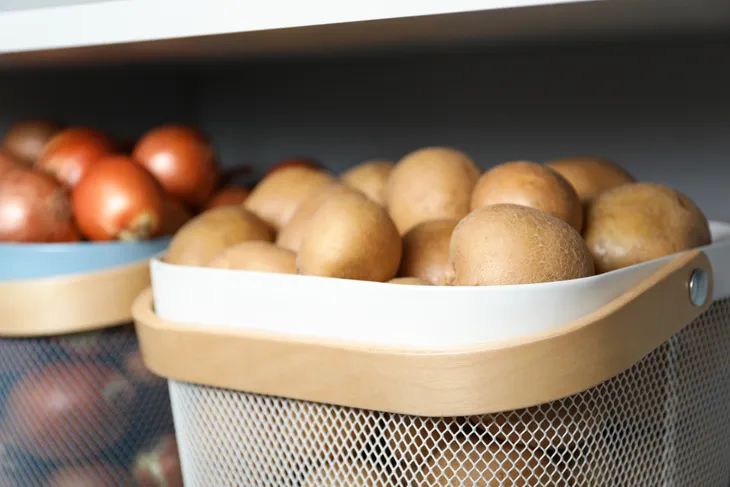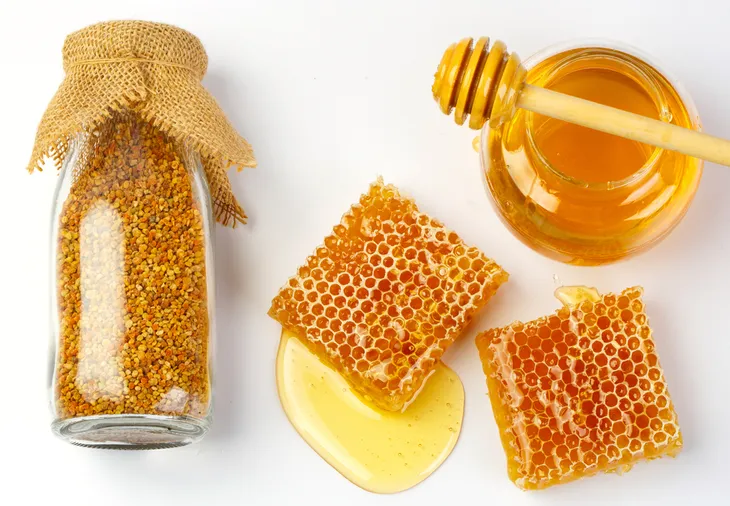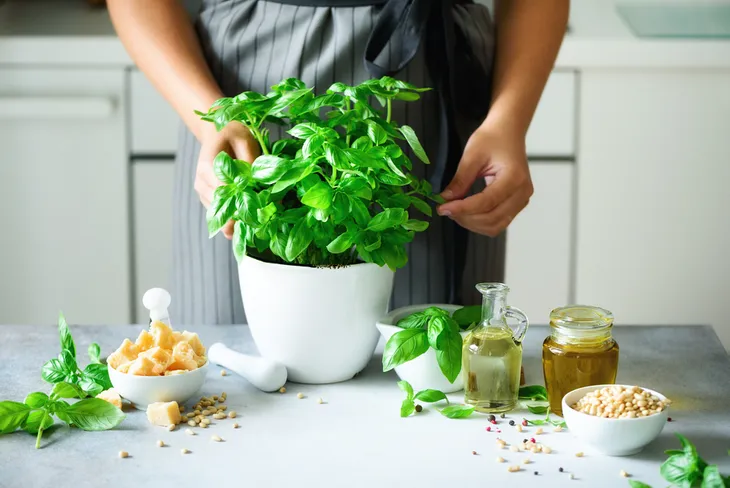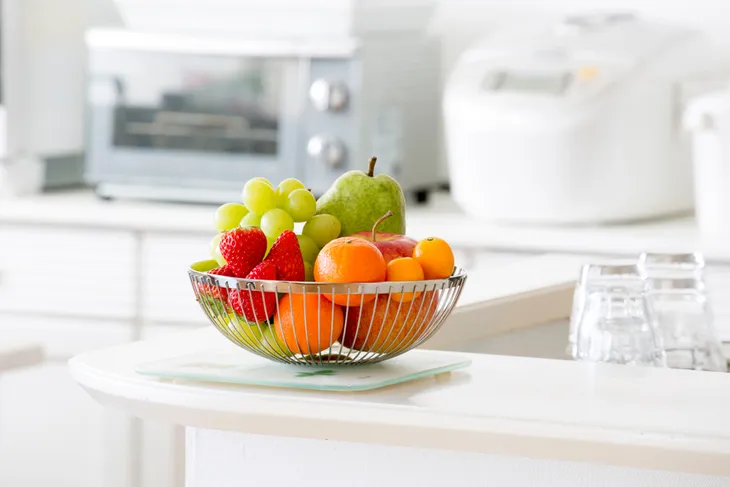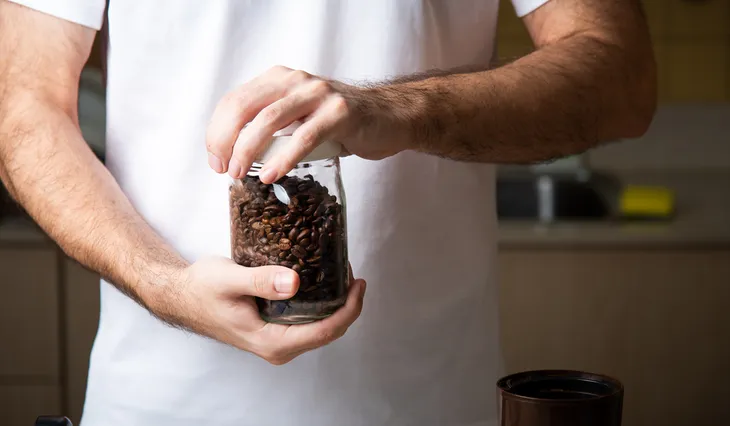If you’re like most people, you’ve got limited space in your refrigerator. But there’s good news, many foods that we typically stuff in the fridge don’t need to stay cool in order to stay fresh. In fact, some of the most popular ingredients can be kept on the counter or in the pantry for days or even weeks before they go bad.
The question is which 10 foods can you extricate from your fridge?
Tomatoes
Most of us immediately throw all of our produce into the refrigerator the moment we get home from the grocery store. But some produce items, like tomatoes, don’t need to be kept cool.
In fact, tomatoes actually taste better if they’re left out of the fridge. Putting a tomato in the fridge can, in many cases, turn it into a mealy, disgusting mess. The exception is if you’ve cut and only used part of a tomato. At that point it’s best to place them in a cool place.
Onions
Onions, like tomatoes, don’t benefit from being placed in the refrigerator. Doing so not only makes them taste flavorless and mushy, but also could encourage the growth of mould. And if eaten, mouldy onions could make you and your family very ill.
Instead, place your onions in a cool, dark, well-ventilated place—such as a pantry. Like cut tomatoes, sliced onions should be placed in the fridge, but not for long. Either way, make sure they’re stored in an airtight bag or container.
Garlic
We get it: garlic, while delicious when added to soups and sauces, can smell awful when left exposed on a counter top or in the pantry.
But here’s the problem with storing it in the refrigerator: if cooled, it can become rubbery, may develop mold, and can even start to sprout—none of which is particularly appetizing. So, keep your garlic in a container in a cool, dark place outside of the fridge.
Bread
There’s no denying that bread, when placed in the refrigerator, can last longer than when it’s left in the pantry. It certainly won’t go moldy as fast.
But there’s one big problem with putting bread in the fridge: it will, almost immediately, lose its moisture and taste very dry. And what’s the point of that? Here’s the deal: if you’re going to use bread in a few days, leave it in the pantry. If not, freeze it. This will keep bread tasting (relatively) fresh for weeks or even months.
Potatoes
True, potatoes can last longer—meaning they won’t grow nasty arms and legs—if stored in the fridge. But keep in mind that cold temperatures can result in the starch in potatoes transforming into sugar, a process that makes them taste gritty and flavorless.
Instead, put your potatoes in a paper bag and place them in a cool, dark place, such as a pantry or the basement. That will help keep your potatoes fresh without affecting their flavor.
Honey
Ever tried to get honey out of a jar after it’s been placed in the refrigerator overnight? Good luck; in most cases this causes honey to crystallize and harden, making it a thick mess that’s practically useless for most cooking purposes.
There’s absolutely no reason to put honey in the fridge. It will keep just fine, even after it’s been opened, in any cupboard kept at room temperature.
Basil
Like many leafy herbs, basil doesn’t benefit from being placed in the refrigerator. In fact, doing so can cause it to wilt and lose both its unique flavor and aroma. That hardly makes it worth buying basil for use in tonight’s spaghetti sauce.
Instead, treat your leafy herbs like cut flowers. This means placing them in a glass of fresh water and leaving them on your countertop for everyone to enjoy.
Unripe Fruit
Here’s the thing with putting unripe fruit in the refrigerator: it won’t ripen any day soon. In fact, it’s more likely to develop a strange flavor somewhere between ripe and unripe that’s unlikely to satisfy anyone in your family.
Instead, keep your unripe fruit on the counter at room temperature. When it becomes ripe, eat it immediately or then place it in the fridge. But don’t let it stay in there too long, or it will get overripe and, eventually, moldy and unsafe to eat.
Cooking Oil
Given that we use oil for cooking just about any dish, there’s an inclination to want to store it in the refrigerator—which will, presumably, keep it fresh for longer.
But doing so will only cause cooking oil to solidify, making it taste funny and very difficult to use when needed. Instead, simply keep your cooking oils (i.e., peanut, olive, or canola oils) in a cool, dark place.
Coffee
Coffee beans can stay relatively fresh longer when placed in the refrigerator. But there’s a cost: storing coffee in the fridge can negatively affect its flavor, causing it to taste flavorless. In fact, in some cases putting coffee beans in the refrigerator can result in the coffee absorbing other flavors in the fridge.
To prevent this rather gross prospect, put your coffee beans in an airtight bag and place them in the cupboard. Just be sure to use the beans within a few weeks.
